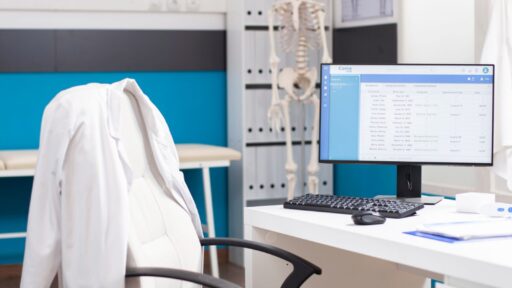Discover Why a CRM Is Essential for Clinics in 2025
By 2025, clinics must manage more patients while ensuring swift and personalized care. They face challenges in care quality, team coordination, and administrative efficiency. In this context, a tailored CRM becomes crucial. It centralizes data, automates processes, and enhances patient relationships, providing a strategic advantage.
Heightened Management and Patient Relationship Challenges
Clinics welcome numerous patients daily, each with unique medical needs. Then, they must schedule appointments, tests, treatments, and follow-up visits. Meanwhile, patients expect clear communication, quick access to records, and automated reminders. Yet without a unified tool, these tasks become time-consuming and error-prone. Therefore, a CRM structures information flows and guarantees optimal patient care.
Specificities of the Clinics
A clinic manages various contact types:
Patients: medical history, treatment plans, and communication preferences.
Caregivers: authorization details and emergency contact information.
Suppliers: medical equipment management, inventory tracking, and billing.
Healthcare professionals: doctors, nurses, therapists, and specialists.
It also tracks medical records, appointments, prescriptions, and interdepartmental communications. Additionally, confidentiality and regulatory compliance demand flawless traceability. Without a CRM, data scatters across software, spreadsheets, and paper, undermining service quality.
Common Mistakes Without a CRM
Double-booked appointments: overlapping slots due to lack of synchronization.
Lost patient data between departments: incomplete or incorrect information during handoffs.
Delayed follow-ups for tests or check-ups: no scheduled alerts leads to incomplete care.
Incomplete tracking of ongoing treatments: limited visibility into treatment compliance and progress.
These issues diminish patient satisfaction, reduce staff productivity, and harm the clinic’s reputation.
How a CRM Transforms Clinic Management
A CRM designed for clinics offers multiple benefits:
Centralized patient information and medical records: instant access to complete medical and administrative history.
Automated appointment reminders: send emails or SMS based on defined schedules.
Coordination among departments: real-time sharing of treatment updates and test results.
Personalized care: record preferences, allergies, and specific patient needs.
Supplier and inventory management: track orders, deliveries, and invoices.
Thus, the CRM improves internal communication, reduces errors, and boosts responsiveness. Teams save time, focus on delivering high-quality care, and strengthen patient trust.
Conclusion
In 2025, a CRM is more than just an administrative tool for clinics. It becomes a lever for organization, care quality, and patient satisfaction. By centralizing data, automating reminders, and facilitating collaboration, it transforms patient relationships and enhances clinic performance.












